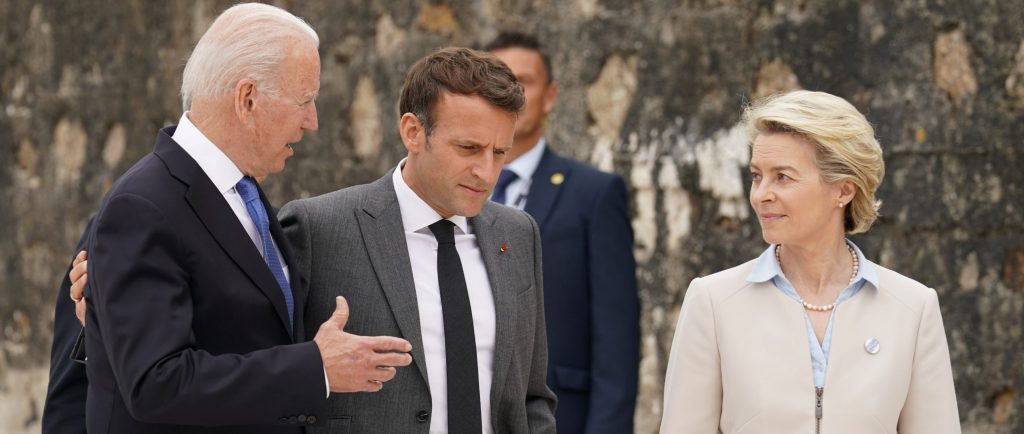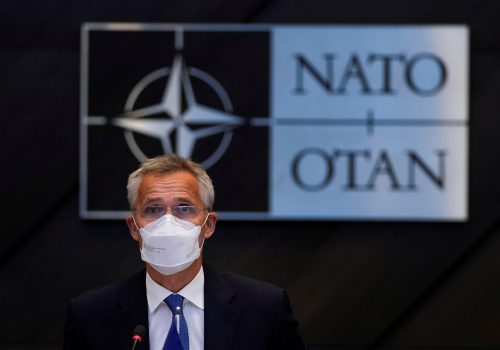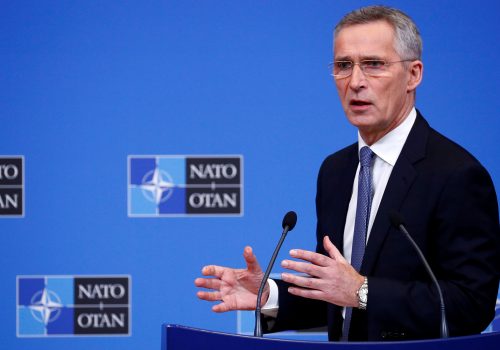The United States has resisted European Union calls for a greater degree of European strategic autonomy in the realm of defense and security. The United States should drop its objections, agree with its European allies on how to ensure that strategic autonomy results in greater European strategic responsibility, and then embed that agreement in both NATO’s new strategic concept and the European Union’s new strategic compass.
The call for greater European strategic autonomy is championed by France and has been incorporated in European Union documents for half a decade. The United States has resisted because it is seen as a challenge to NATO, as a formula for military redundancy, and as impractical since European militaries are capable of only limited independent operations without U.S. support. One senior U.S. defense official once captured the American emotional response quipping: “I told my wife this morning that I wanted more strategic autonomy and tonight I am staying in a hotel.”
Read more about our experts:
Related content:
Image: U.S. President Joe Biden, France's President Emmanuel Macron and European Commission President Ursula von der Leyen walk along the boardwalk during the G7 summit in Carbis Bay, Cornwall, Britain, June 11, 2021. REUTERS/Kevin Lamarque/Pool





